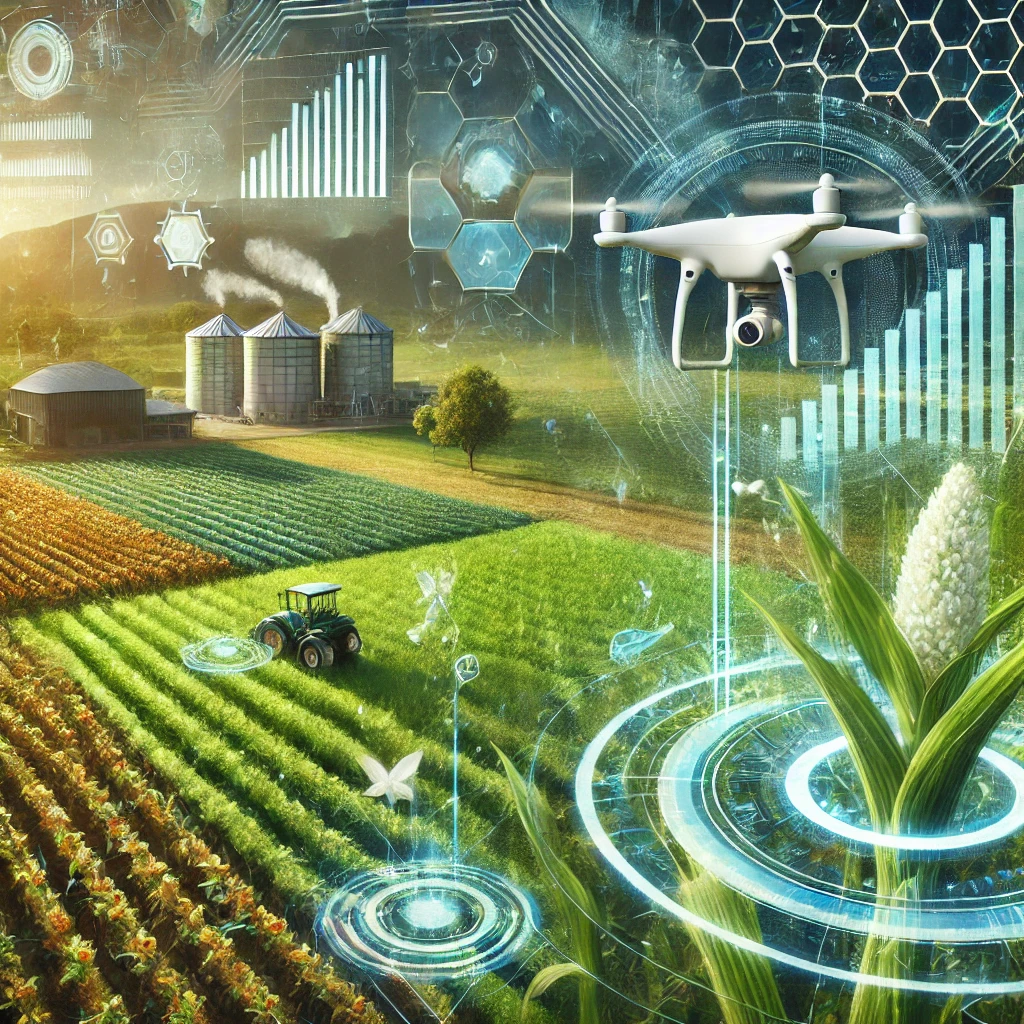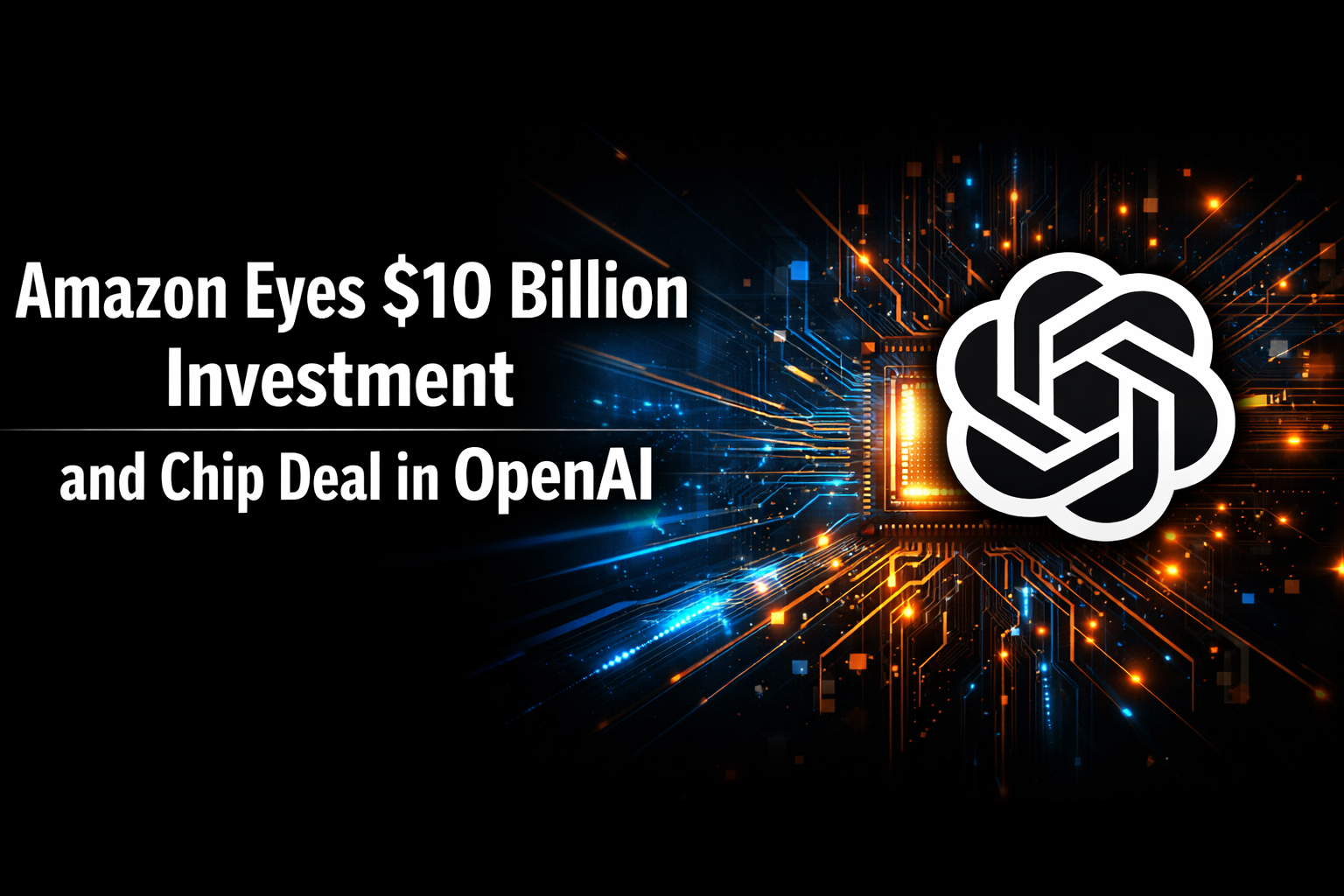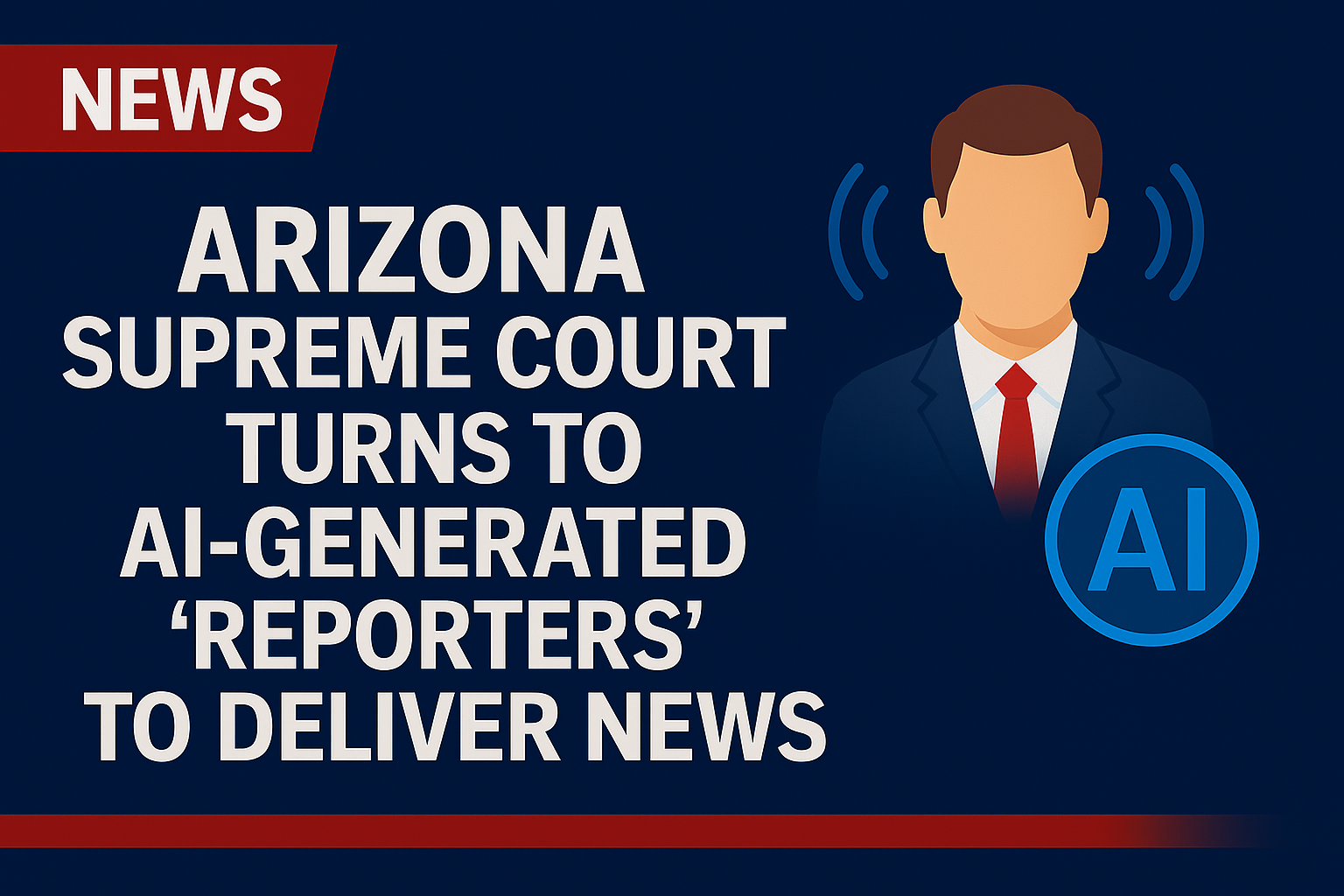The U.S. agriculture industry is embracing artificial intelligence (AI) to tackle long-standing challenges and unlock new efficiencies across the food supply chain. From farm fields to distribution centers, AI-driven technologies are being tested to improve productivity, reduce waste, and support sustainable practices.
Farmers and producers are at the forefront of this transformation, using AI tools to analyze data, optimize resources, and make real-time decisions. For example, AI-powered drones and sensors monitor crop health, detect pests, and measure soil conditions with precision, helping to increase yields while minimizing environmental impact.
Beyond the farm, AI is streamlining logistics and ensuring food safety. Advanced machine learning models are being used to predict supply chain disruptions, track inventory, and ensure compliance with safety standards. These innovations are helping producers deliver fresh, high-quality products to consumers more efficiently than ever before.
“A lot of potential exists in this space,” said one industry expert. “AI is not just about automation; it’s about creating insights that farmers and producers can act on to improve their operations.”
While the technology holds immense promise, challenges remain. Small-scale farmers may face barriers to accessing advanced AI tools, and the industry must address concerns about data privacy and equitable distribution of resources.
As the agriculture industry continues to test and refine these technologies, AI is set to play a critical role in shaping the future of food production, making it more sustainable, efficient, and resilient.





